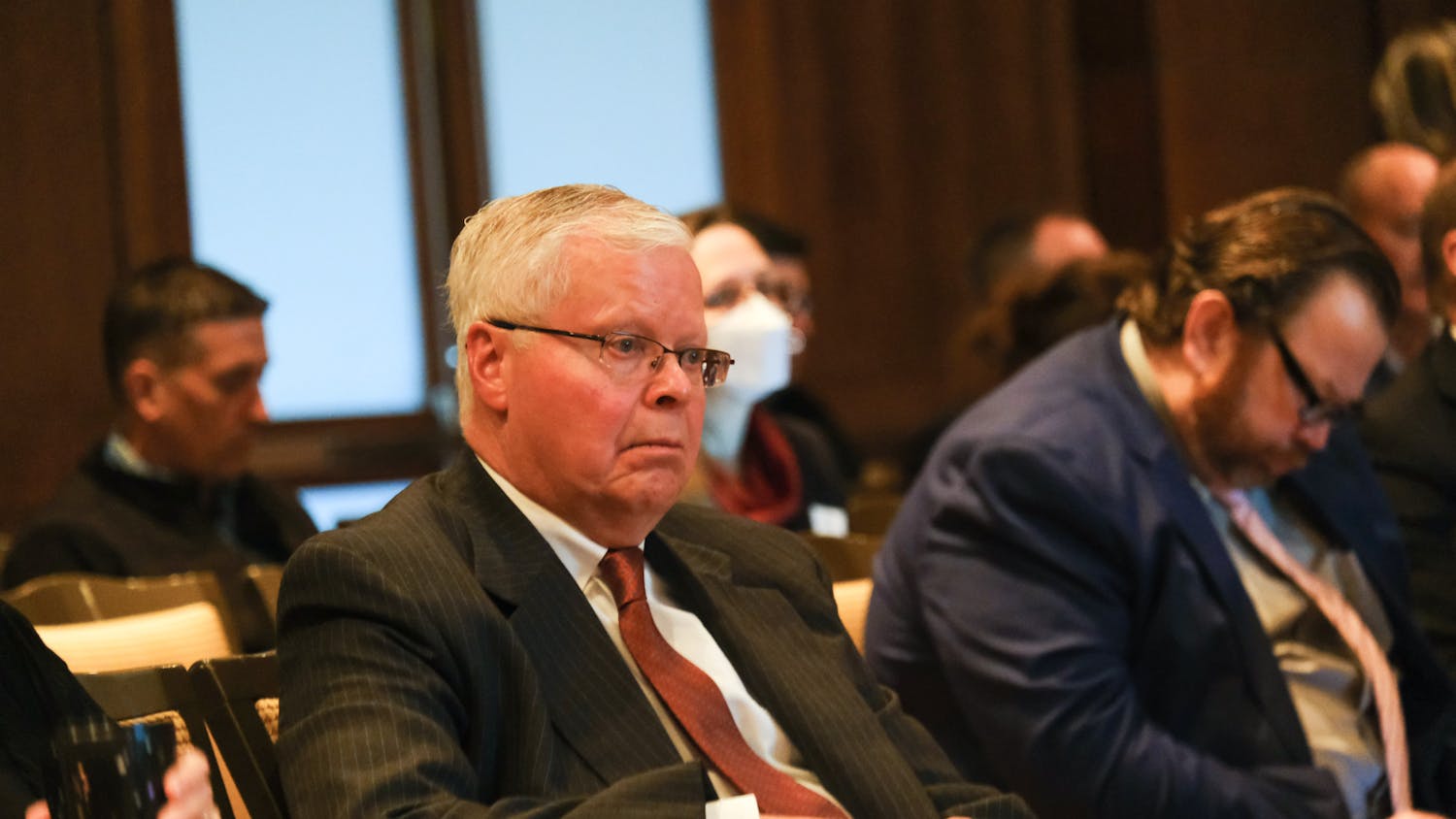Author and social activist Naomi Klein addressed students and community members about climate change and her newest book during UW-Madison’s third Distinguished Lecture series installment Tuesday.
Klein introduced her newest book, “This Changes Everything: Capitalism vs. The Climate,” which focuses on how to prevent the concerning temperature change the world is currently heading toward.
“We’re no longer talking about avoiding climate change,” Klein said. “We’re talking about avoiding catastrophic climate change.”
Klein argued this climate change is so detrimental that large-scale changes to political and economic systems are needed to combat it.
One transformation the economic system needs to see is the move from relying on fossil fuels to depending on green energy.
The necessity for this shift has caused divestment movements to be established across campuses nationwide, demanding that public institutions stop investing their funds in fossil fuel based companies.
Klein said college students across the country are saying “you can’t prepare for me the future on the one hand, and profit from companies that are betting against that future on the other.”
Klein also discussed her demand for an adjustment to the capitalist economic system currently dominating America, which can be seen as an intimidating issue when combined with the overwhelming crisis of climate change.
She established that saving capitalism can have disastrous effects.
“We’re talking about allowing sea levels to rise in the name of protecting an economic system that is failing the vast majority, with or without climate change,” Klein said.
Klein also discussed the link between climate change and social justice.
“We need to build not just a climate movement, but a climate justice movement,” Klein said. “A movement that puts racial and economic justice at its very heart and it’s very deliberate about responding to climate change in a way that heals our deepest wounds between our countries and within our country.”
She concluded her lecture by discussing how fossil fuels have plagued humanity and emphasizing the importance of considering nature when making decisions about climate change.
“What we thought was a monologue is actually a dialogue,” Klein said. “We are back in conversation with the natural world.”






